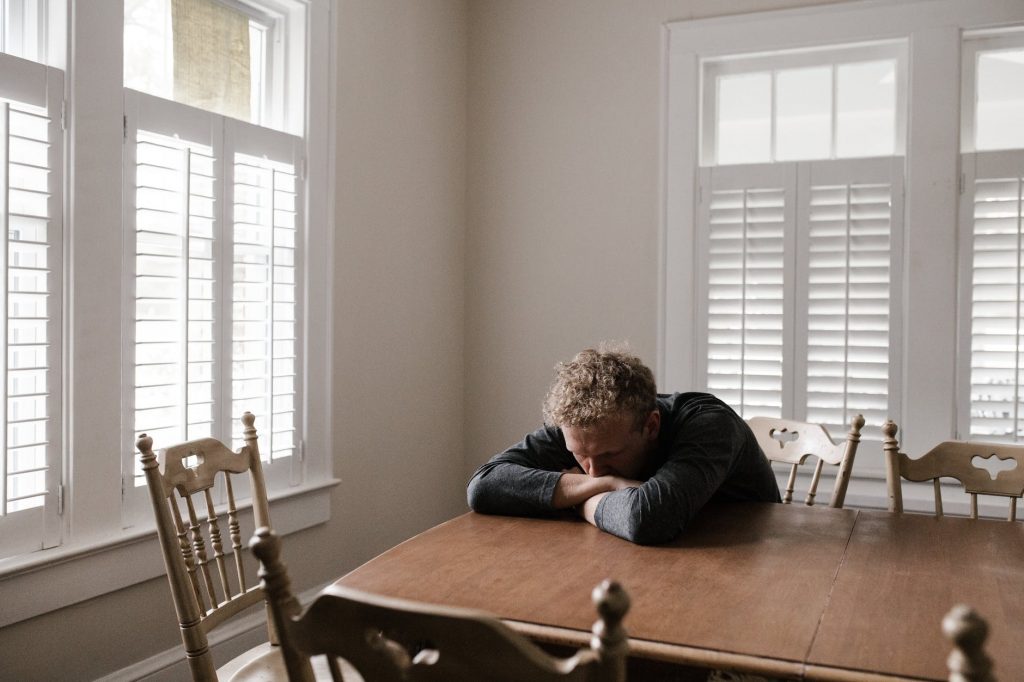How to Recognize a Drug Addiction In Your Teen
Mental health, drug addiction and other tough topics can mean different things to all kinds of people. No matter your age, family situation and relationships, drug addiction and drug use can manifest in all different kinds of ways, and that holds true for your teens. Whether your child has used substances before, you have a family history of drug use or you yourself have a personal history with it, there are so many ways that you can identify and recognize drug addiction and addictive qualities in your teen.
Everyone is different, which means that drug addiction can manifest in varying ways, and each person will meet different symptoms. If something seems off with your teen, it can be helpful to observe your teen’s behavior and pick up on anything that seems out of the ordinary in order to help them get to the root of the problem and heal. One of the most important things to remember about addiction is that addiction is a mental health problem, not a behavior issue. While it can sometimes result in behavioral changes, mending addiction isn’t about punishment — it’s about care and compassion. So if you think your teen may be struggling with addiction, here are some signs you might be right.
-
Contents
Fatigue
If you notice your teen is even more tired, lethargic and groggy than usual, it could mean a few things, and addiction is one of them. While fatigue alone isn’t enough to build a case for drug addiction or use, when combined with other factors, it can be.
-
Acting Out
While drug use itself is about more than acting out, acting out can sometimes be a symptom of drug use. Talking back, irritability and not following house rules can often be a sign of mental distress, which is often related to drug abuse and addiction. Especially behavior such as stealing, hiding things and other behaviors that could specifically point to a drug habit.
-
Returning to Substances
While many parents suspect addiction from the jump, there are definitely some cases where things are a bit more out in the open. Specifically, if you know your teen has already tried drugs or even made a habit out of it before. If your teen continues to return to substances even after you’ve taken preventative measures and made interventions, it could be about more than acting out. It could be about the addiction itself, and the physical elements of it. Returning to drug use repeatedly can be a scary and serious issue, as it can lead to health problems and even overdoses. If you see that this is the case, addiction might be likely.
-
Dishonesty
Everyone has a different comfort level with their parents, and that’s okay. But there is a difference between boundaries and dishonesty. Your child may not tell you everything going on with them, but if you find that they’re repeatedly lying to you about various things, that might point to substance abuse issues.
-
Sneaking Out
Similarly, sneaking out and going places without your permission could point to drug use and drug exchanges. Especially if it happens repeatedly, sneaking out can be about more than usual teen fun.
-
Grades Dropping
Mental health, productivity and substances are all connected. While grades dropping may already be cause for alarm, it fits into the scenario of drug addiction, too. Drug use and addiction can occupy the brain and create stress responses and emotional responses, effectively draining energy away from other priorities like schoolwork. If you notice grades dropping, it could be addiction related.
-
Physical Changes
While drug use impacts the mental state, it undoubtedly takes a toll on the physical body, too. There are a lot of ways physical changes can manifest themselves when using drugs, especially because everyone’s body is different and can react to each substance uniquely. That being said, changes like a weakened immune system, easier bruising, rapid weight loss or gain, poor hygiene or unusual smells — like smoke, for example — can be an indication of drug use.
-
Mood Swings
Drug use can clearly impact the emotions, often without the person even realizing it. This can go especially for teens, who are already in the middle of a lot of emotional changes. While each substance is different, mood swings and dramatic emotions can be a sign of drug addiction, especially when paired with other signs.
-
Depression and Anxiety
While some people find that drug use brings mood swings, others find that drugs cause depression or anxiety — or both. If you notice other signs of drug use and also begin to notice that your teen has been more depressed or anxious recently, it could be cause for concern.
Recognizing Addiction in Your Teen
Addiction comes in all shapes and sizes, and if you notice your teen has been struggling, it’s important to reach out and find help in order to support them as best as possible. With you by their side and a support system around them, you can tackle this together.




